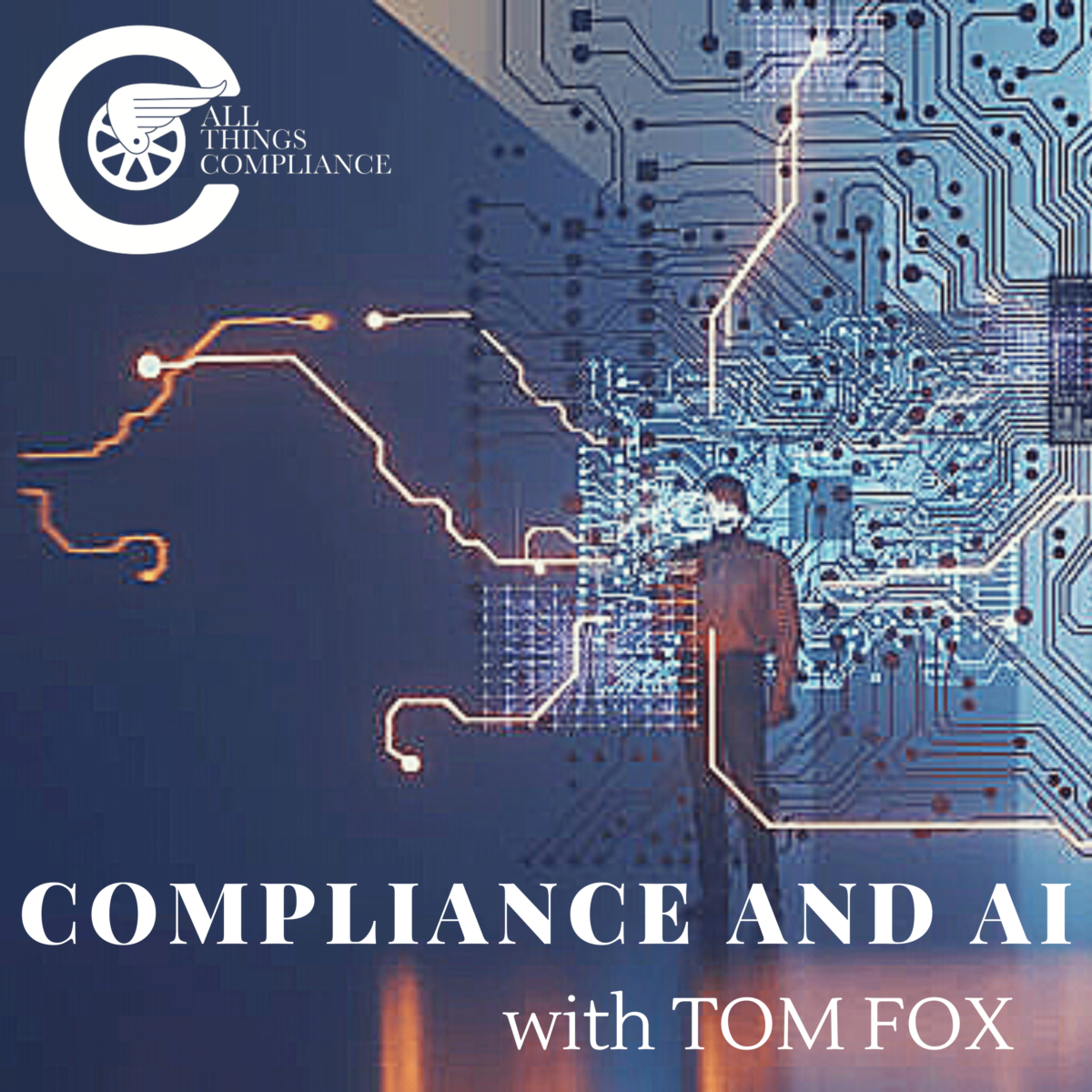The sum is greater than the whole of its parts.-Aristotle
We conclude our exploration of leadership in the corporate compliance function by exploring how to build teams that are “greater than the sum of their parts.” We continue to mine the article Go, teams: When teams get healthier, the whole organization benefits by authors Aaron De Smet, Gemma D’Auria, Maitham Albaharna, and Anaïs Fifer, all with McKinsey, as a starting point for our exploration.
In corporate compliance, effective team performance transcends individual capabilities. Cultivating teams that operate with a shared purpose and excel collectively rather than individually is essential. This approach ensures adherence to regulatory standards and fosters a culture of ethical excellence across the organization. So, how do compliance leaders create such cohesive and highly effective teams?
Understanding Key Drivers of Team Performance
Concentrating on the critical performance drivers of trust, communication, innovation, and decision-making is vital to achieving better compliance outcomes. When these elements are robust, compliance teams can more adeptly handle complex regulatory landscapes and proactively manage potential risks.
Trust is foundational, facilitating open dialogue, candid reporting, and collective problem-solving. Communication must be clear and consistent to ensure alignment and understanding across all compliance efforts. Innovation empowers teams to identify emerging risks and opportunities for process improvements proactively. Finally, effective decision-making ensures timely responses to compliance issues, reducing risk exposure and strengthening organizational resilience.
Addressing the Perception Gap
A common issue within teams is the perception gap; team members acknowledge the importance of certain behaviors but fail to exhibit them consistently. Recognizing this gap and working to close it for compliance teams can significantly enhance performance. Compliance leaders must encourage transparent self-assessment and discussions about team behaviors, promoting accountability for collective improvement.
Actions to Enhance Compliance Team Effectiveness
Here are four actionable steps compliance leaders can take to build teams greater than the sum of their parts:
1. Conduct Comprehensive Team Diagnostics
Team diagnostics provide compliance teams with essential insights into their strengths and weaknesses. By establishing a baseline of existing behaviors, teams can identify areas needing immediate attention. From there, developing a team charter can clearly outline collective expectations, behaviors to prioritize, and shared objectives. Crucially, compliance team members should commit not only to individual accountability but also to collective team success.
Additionally, individual team members benefit from a deeper understanding of their behaviors and how they influence team dynamics. Tools like 360-degree feedback and personalized coaching sessions can significantly enhance personal self-awareness, ultimately contributing to more effective team interactions.
2. Ensure Lasting Behavioral Changes
Once critical behavioral areas have been identified, compliance teams must commit to specific, actionable changes. Clear commitments, supported by tactical interventions and defined governance processes, are necessary for sustained behavioral shifts. Ensuring these commitments are implemented and not merely stated is critical for real transformation.
Periodic retrospectives can help teams continually evaluate their progress, acknowledge successes, and recalibrate strategies when needed. The journey to improved team effectiveness can be challenging, with inevitable setbacks and regressions. However, regular check-ins and open discussions can embed positive changes into team practices, preventing regression to less productive behaviors.
3. Leaders Must Champion and Support Team Changes
Compliance team leaders play a crucial role in driving effective teamwork. Leaders who struggle to transition from traditional command-and-control methods to more collaborative approaches significantly hamper team progress. Compliance leaders must embody the changes they seek, adopting a leadership style of openness, collaboration, and empowerment.
Investing in leadership coaching can significantly aid leaders who are resistant to change. Effective workshops and targeted interventions can help compliance leaders understand and adopt more collaborative and empowering approaches. Leaders must recognize that their perspective is just one among many. Research shows leaders often have overly optimistic views of team effectiveness, highlighting the importance of gathering comprehensive feedback from all team members to form a complete and accurate picture.
4. Embed Team Effectiveness into Organizational Practices
Achieving widespread and sustained team effectiveness requires embedding these principles into the organizational fabric. Adopting a systematic, scalable approach ensures these strategies benefit all compliance teams, not just select groups. The “train the trainer” model effectively disseminates best practices throughout the organization, empowering internal facilitators to carry forward these crucial initiatives.
For instance, consider the experience of an Asian bank that successfully scaled its team effectiveness initiatives across more than 200 teams. The bank first trained members of its HR team with external expert facilitators. These HR professionals progressively took on facilitation roles, first co-leading and eventually independently managing the team-effectiveness programs. This structured, cascading approach ensured consistency, sustainability, and widespread adoption of best practices throughout the organization.
The Imperative of High-Performance Compliance Teams
For compliance professionals, cultivating teams that are truly greater than the sum of their parts is no longer optional; it is essential. By systematically addressing the key drivers of trust, communication, innovation, and decision-making and embedding lasting behavioral changes into everyday practices, compliance leaders can build teams capable of navigating complex regulatory landscapes with agility and precision.
Effective teamwork in compliance is more than merely beneficial; it is fundamental to ensuring sustained organizational integrity, reducing regulatory risks, and fostering a culture where ethical behavior is the norm. By taking these structured, deliberate steps, compliance teams can become powerful agents of organizational value, consistently achieving collective outcomes that far exceed individual capabilities.










